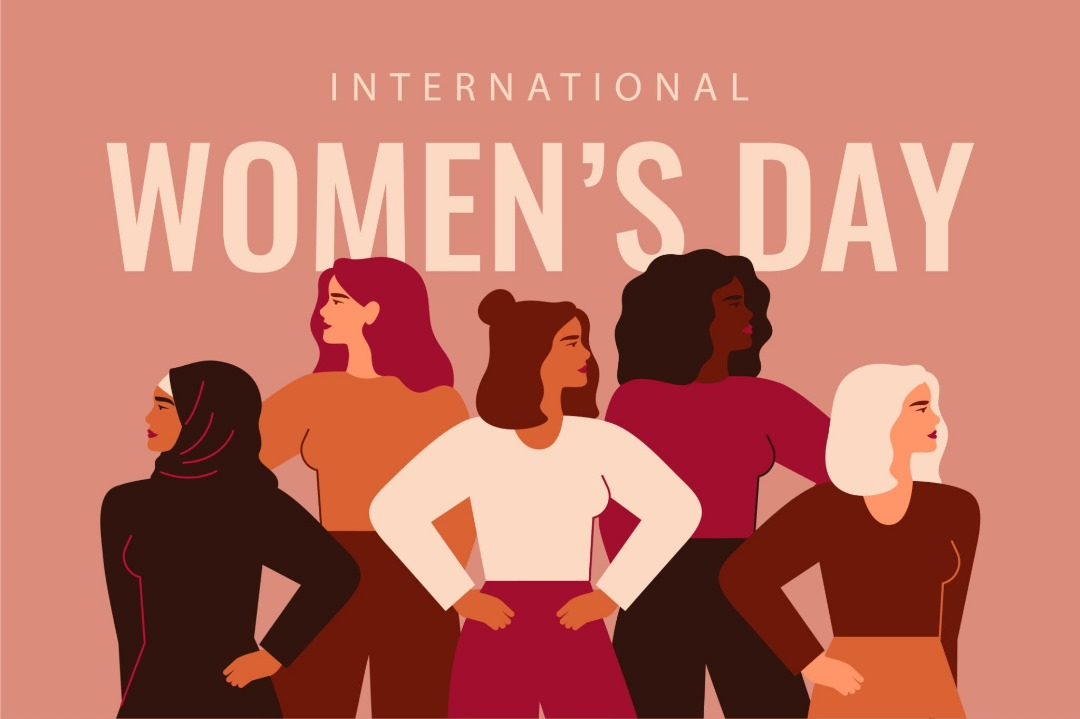Films are a preferred source of entertainment and learning for many, and audiences are often quick to mirror in their daily lives what they watch on screen. The World Health Organisation (WHO) Framework Convention on Tobacco Control which Nigeria ratified on October 20, 2005, requires parties to implement a comprehensive ban on Tobacco Advertising, Promotion …

